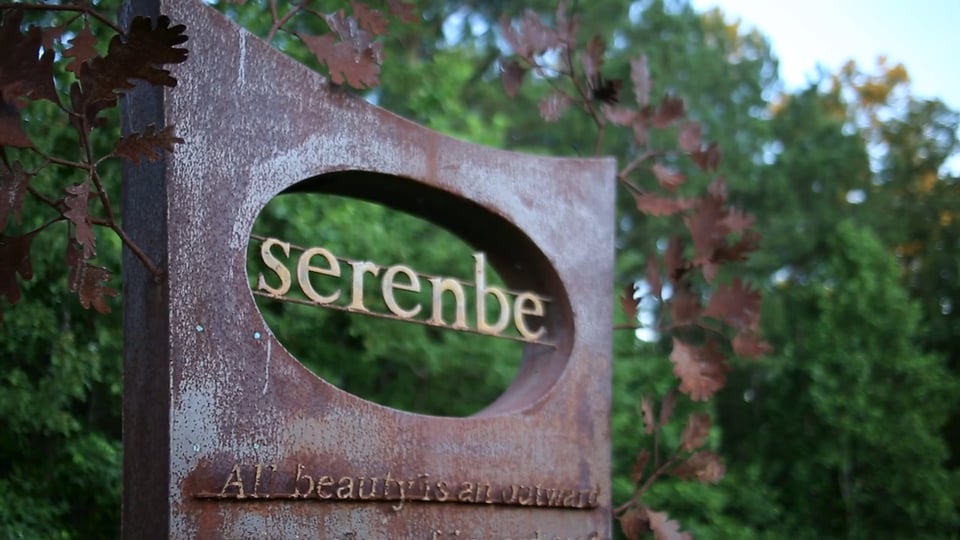Conscious Commercial
One Mado at Serenbe
Imagine an oasis of calm just outside of the bustling city, a place where the community is structured around wellness and a connection with nature. Now imagine that this place has as many fun shopping and entertainment options as a conventional neighborhood– without conventional waste issues. This place exists and it’s called Serenbe. Welcome to […]

